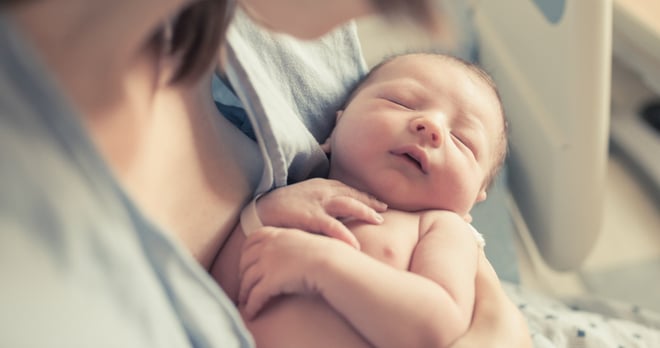The EQUALS study into Erb’s palsy – investing in better care at birth could cost us less

The EQUALS study was published on 15th November 2018 and looked at obstetric brachial plexus injuries (OBPIs) health-related quality of life in affected adults and parents. Following this, an excellent video entitled “Better care at births costs less”, has been produced by the PROMPT Maternity Foundation setting out the primary findings of the study.
The experience of Erb’s palsy for individuals and their families
In the video a parent explains some of the problems her family encountered following their child’s injury at birth and how it has affected them personally; the parent describes feeling depressed and isolated because they didn’t enjoy the normal course of events as would be expected following the birth of a healthy child. Sufferers of Erb’s palsy also spoke of about the physical pain they have suffered, and how it has been mentally draining.
Given that we often work with people who have Erb’s palsy, this is very familiar to me and resonates with what I frequently see when working with them and their families. The physical pain the video describes is a daily reality for many, and that is in addition to the frustration caused by the physical limitations the condition imposes.
I was struck by how closely the video mirrored the experiences not only of the sufferers of this condition but also their families; caring for a newborn child with any serious health condition is emotionally draining. Where the condition does not resolve over time (as with Erb’s palsy), the stresses it imposes often never go away entirely. If anything, the frustration both the patient and their family experience can increase over time and this was brought out very well by the video.
How further training can save the NHS money
The video also explains that investment in evidence-based training can lead to the prevention of permanent injury, saving significant amounts of money for the NHS and increasing the life chances and wellbeing of patients. At Southmead Hospital in Bristol where one of the authors of the study, Professor Tim Draycott, is based, they have seen the eradication of permanent brachial plexus injuries as a result of continued simulated training for its staff.
Patients on the video comment that it simply “didn’t need to happen” and that “they would have had more opportunities” had it not been for their injuries, something that patients who suffer from the condition frequently (and understandably) find very difficult to come to terms with. It is one thing to learn that a devastating injury was unavoidable, and eventually to move on. It is quite another to learn from experts that the injury was entirely avoidable (as often happens in litigation). The video compellingly showed how people we encounter with Erb’s palsy feel about the condition.
In addition to the personal cost the condition exacts, the financial costs were starkly set out. It is estimated that if Erb’s palsy is eradicated as a birth injury it would save the NHS a total of £1billion over the next 30 years – a huge sum of money.
It is very much hoped that as more Trusts adopt rigorous training (often in collaboration with the PROMPT Foundation) the incidence of Erb’s palsy will be drastically reduced throughout the NHS .
RWK Goodman were very proud indeed to have support of the production of this video and enjoy working with the Erb’s Palsy Group UK in their other many projects in raising awareness of the condition and supporting sufferers of Erb’s palsy.